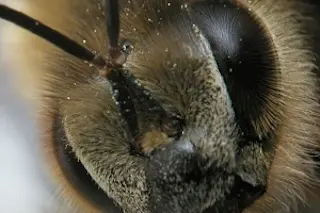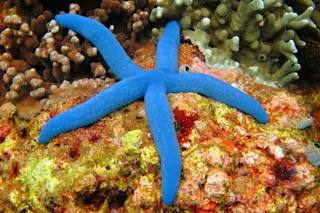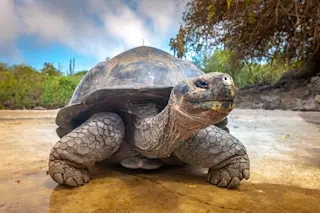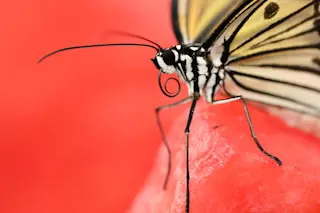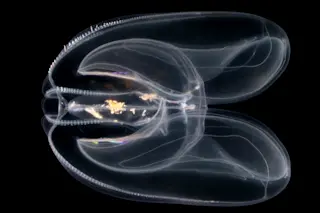To sequence the human genome, scientists established a network of laboratories, equipped with robots that could analyze DNA day and night. Once they began to finish up the human genome a few years ago, they began to wonder what species to sequence next. With millions of species to choose from, they could only pick a handful that would give the biggest bang for the buck. Squabbling ensued, with different coalitions of scientists lobbied for different species. Some argued successfully for medically important species, such as the mosquito that carries malaria. Others made the case for chimpanzees, to help them pinpoint that genes that make us uniquely human. And in 2002, a team of scientists made the case for the humble honeybee.
Why spend millions on the honeybee? For one thing, honeybees are commercially valuable. They make honey, and they pollinate crops. But the honeybee lobby also argued that there were ...


